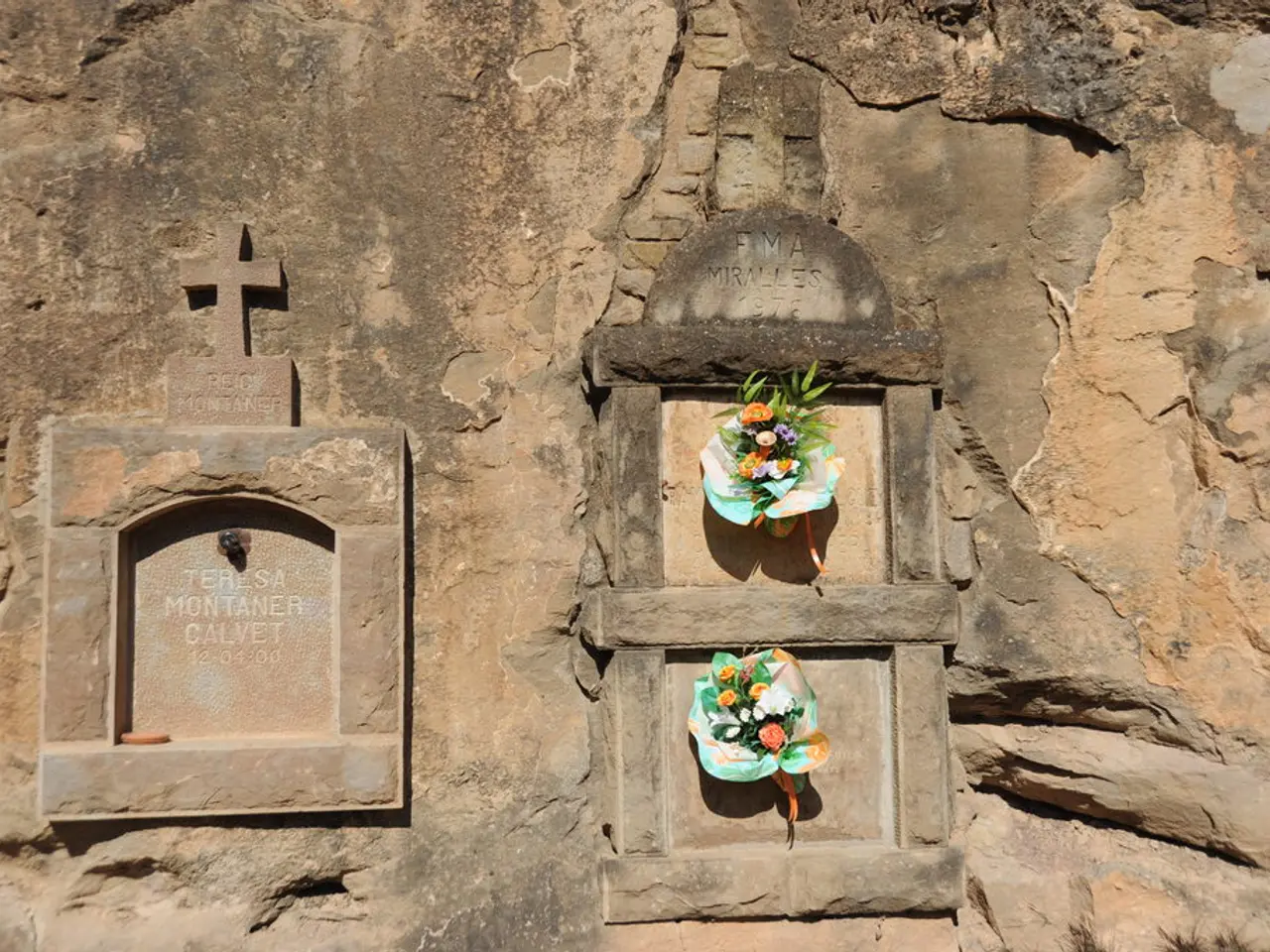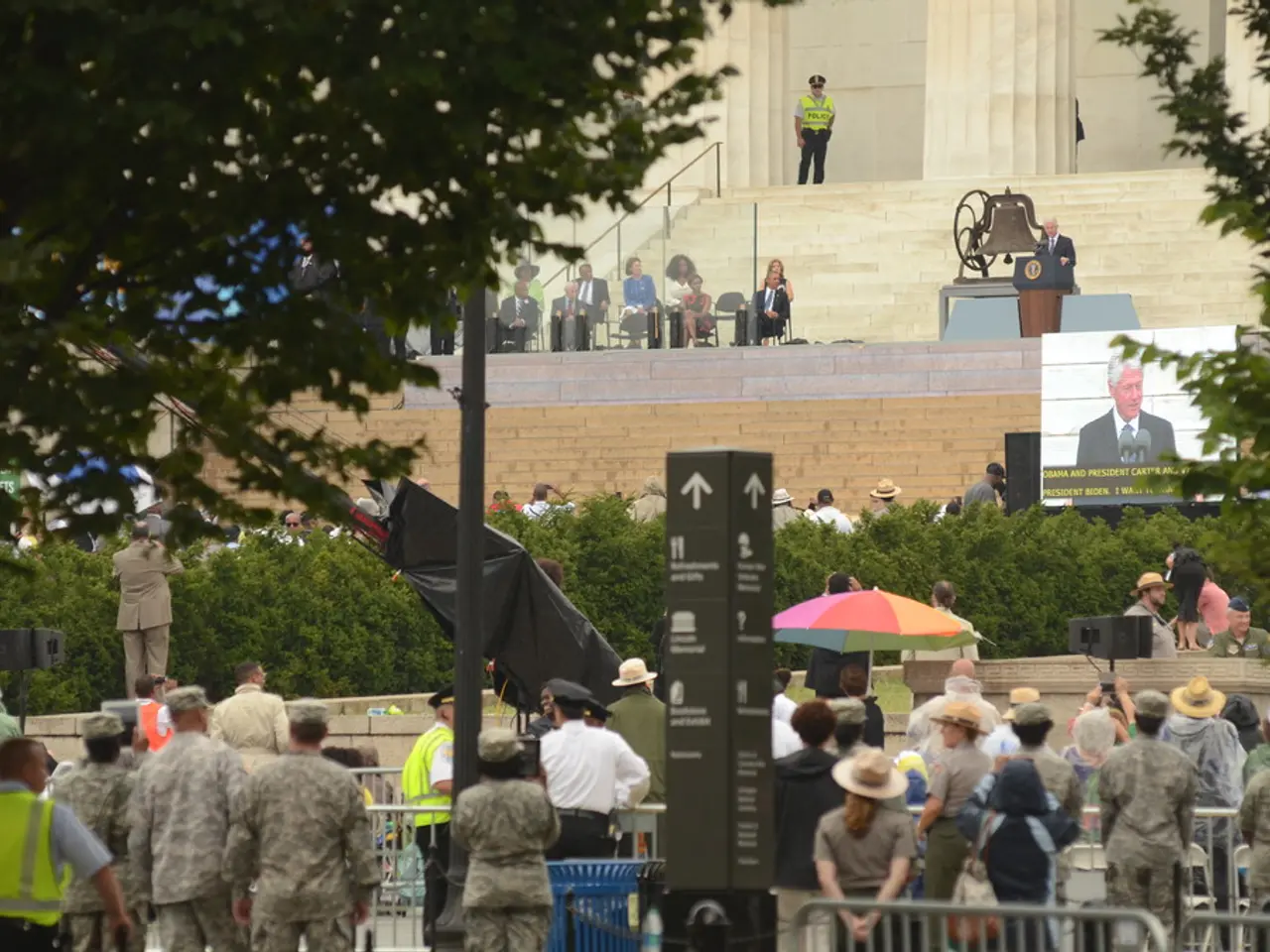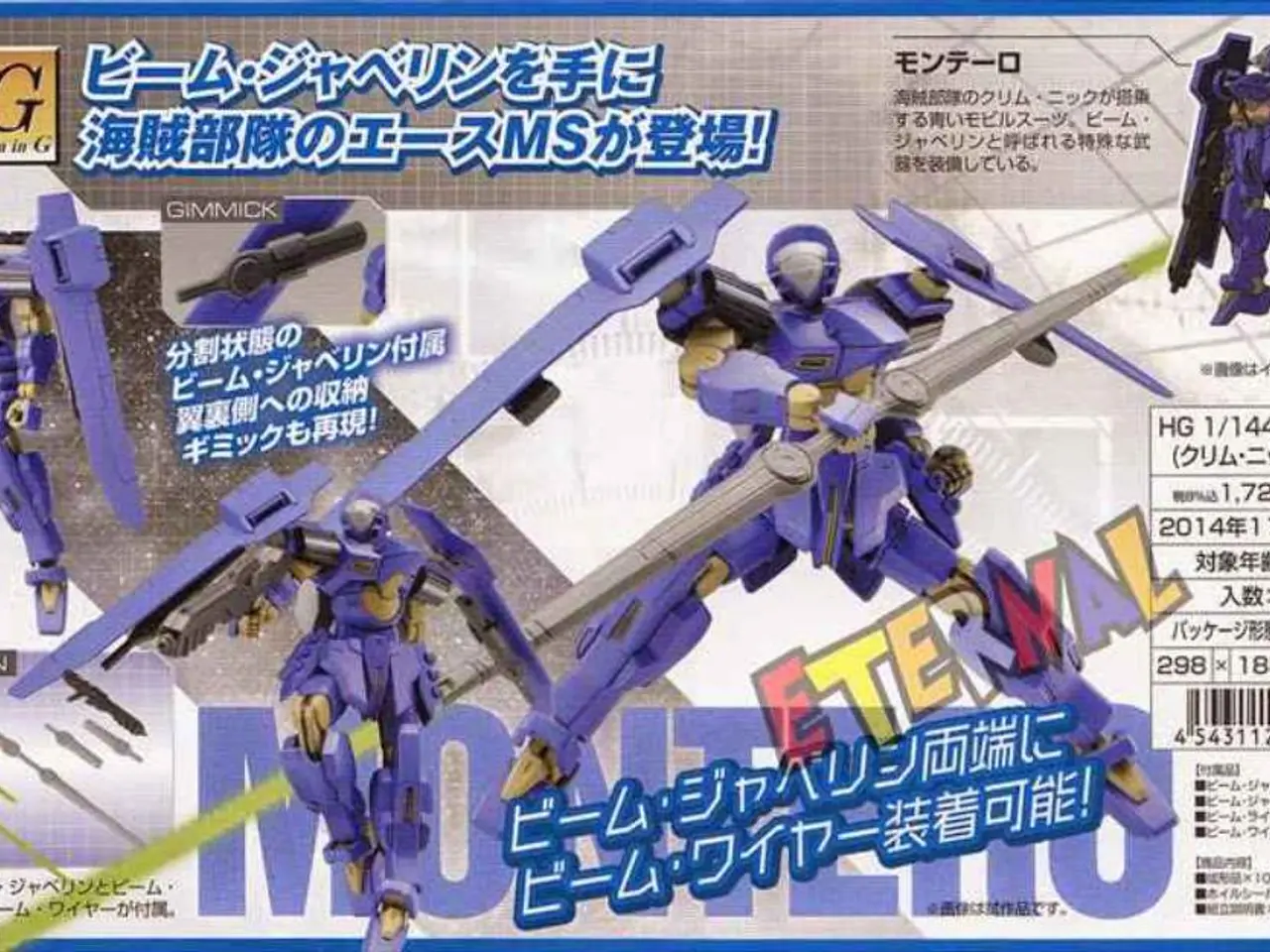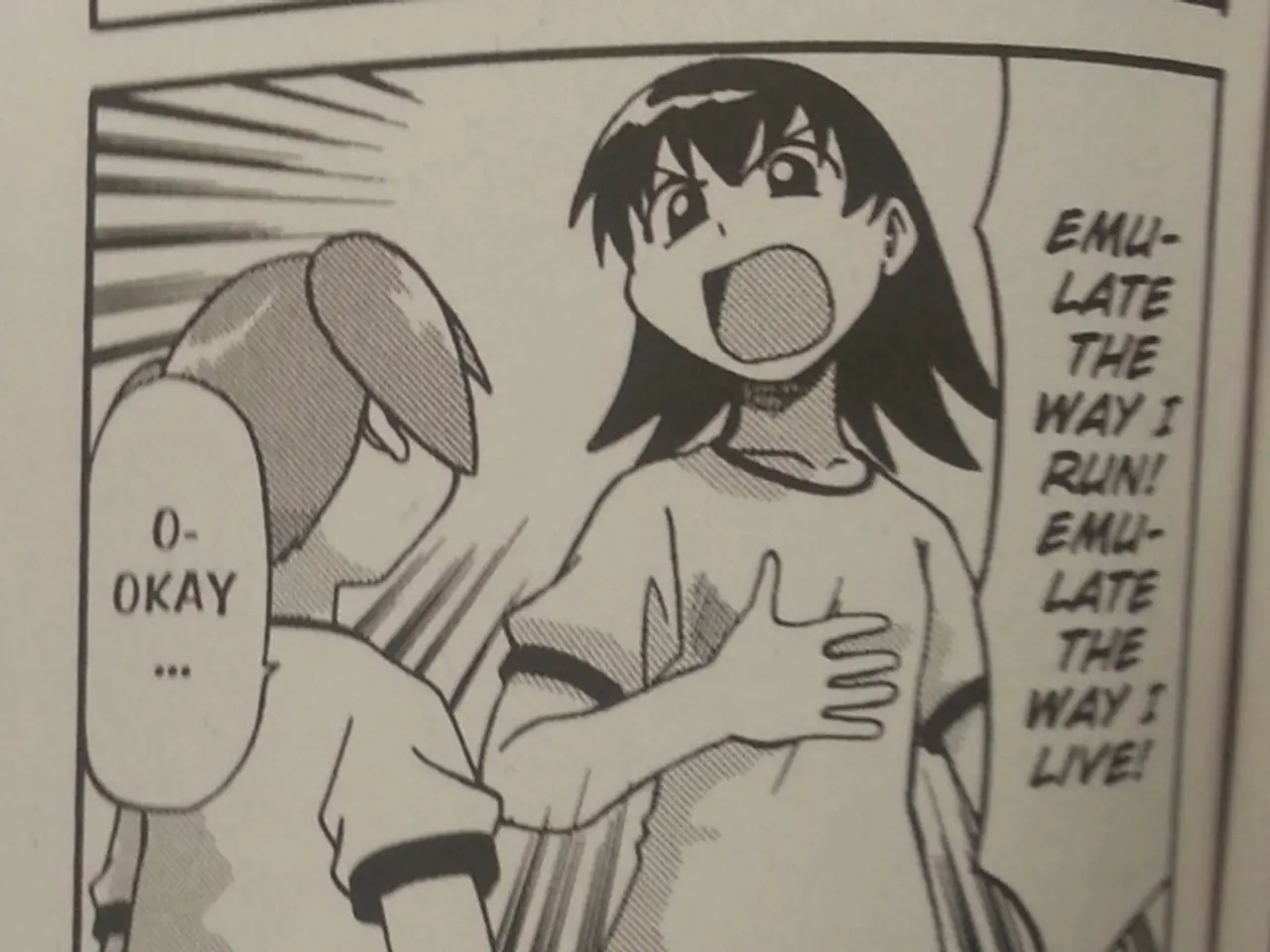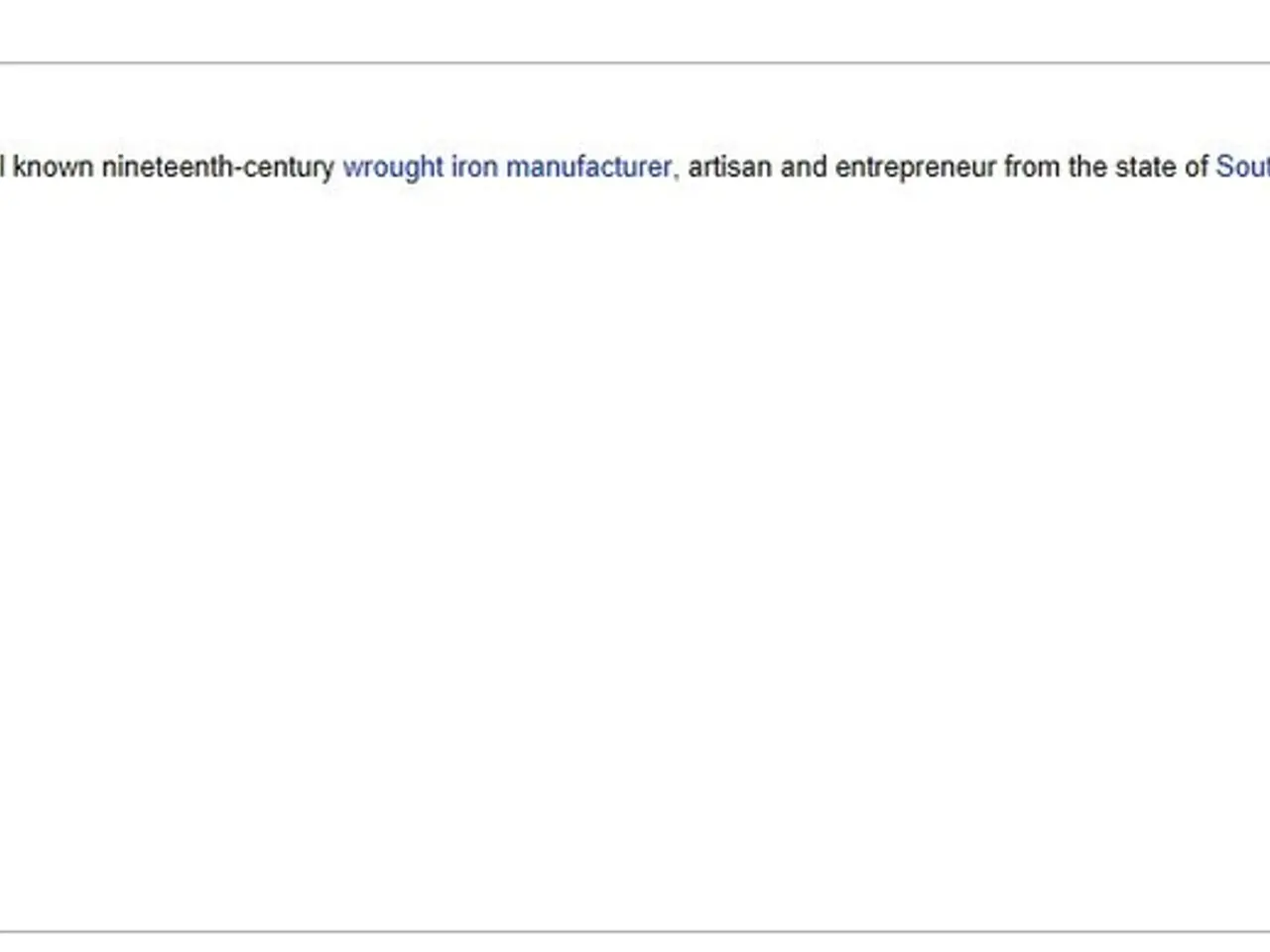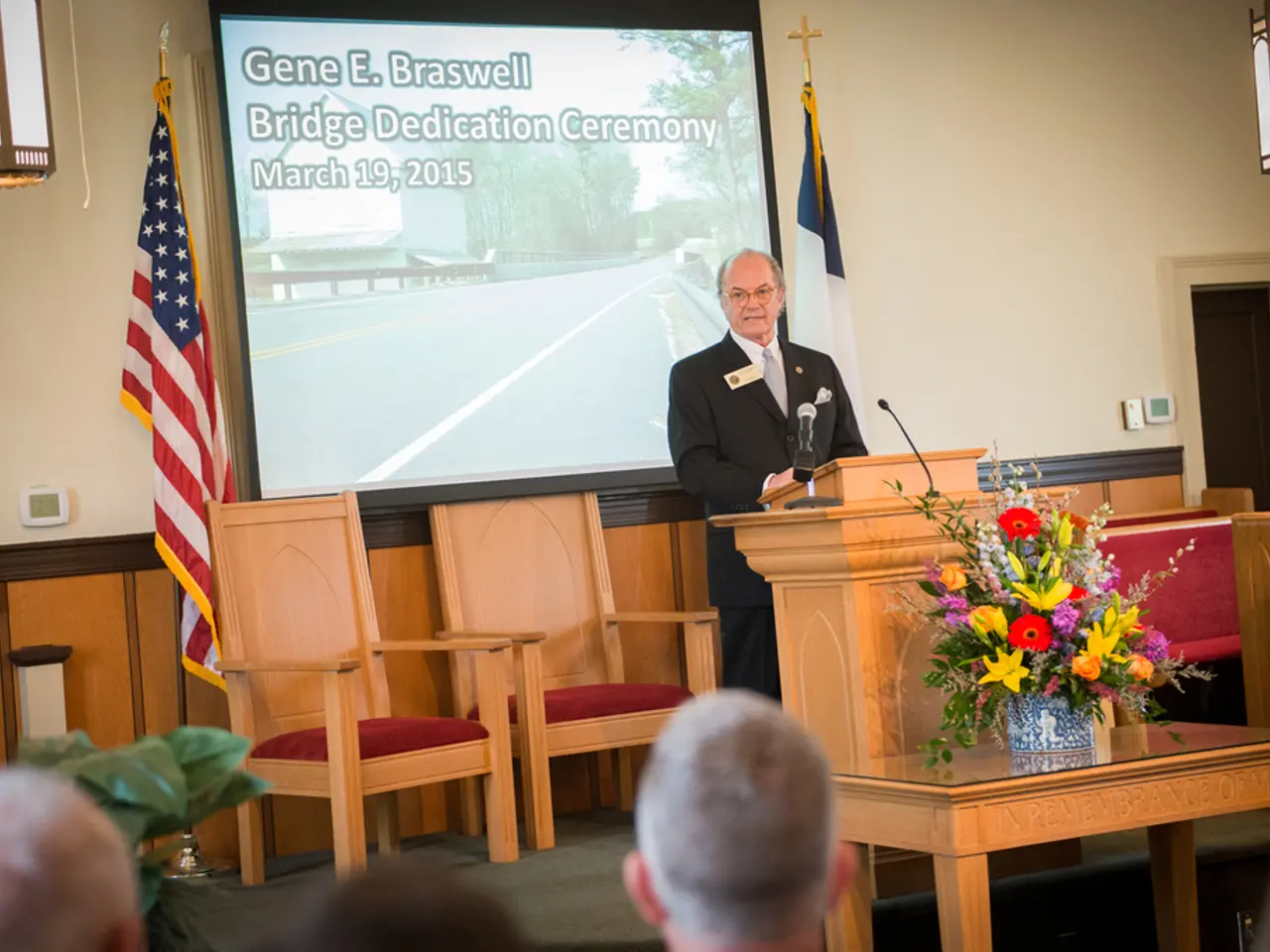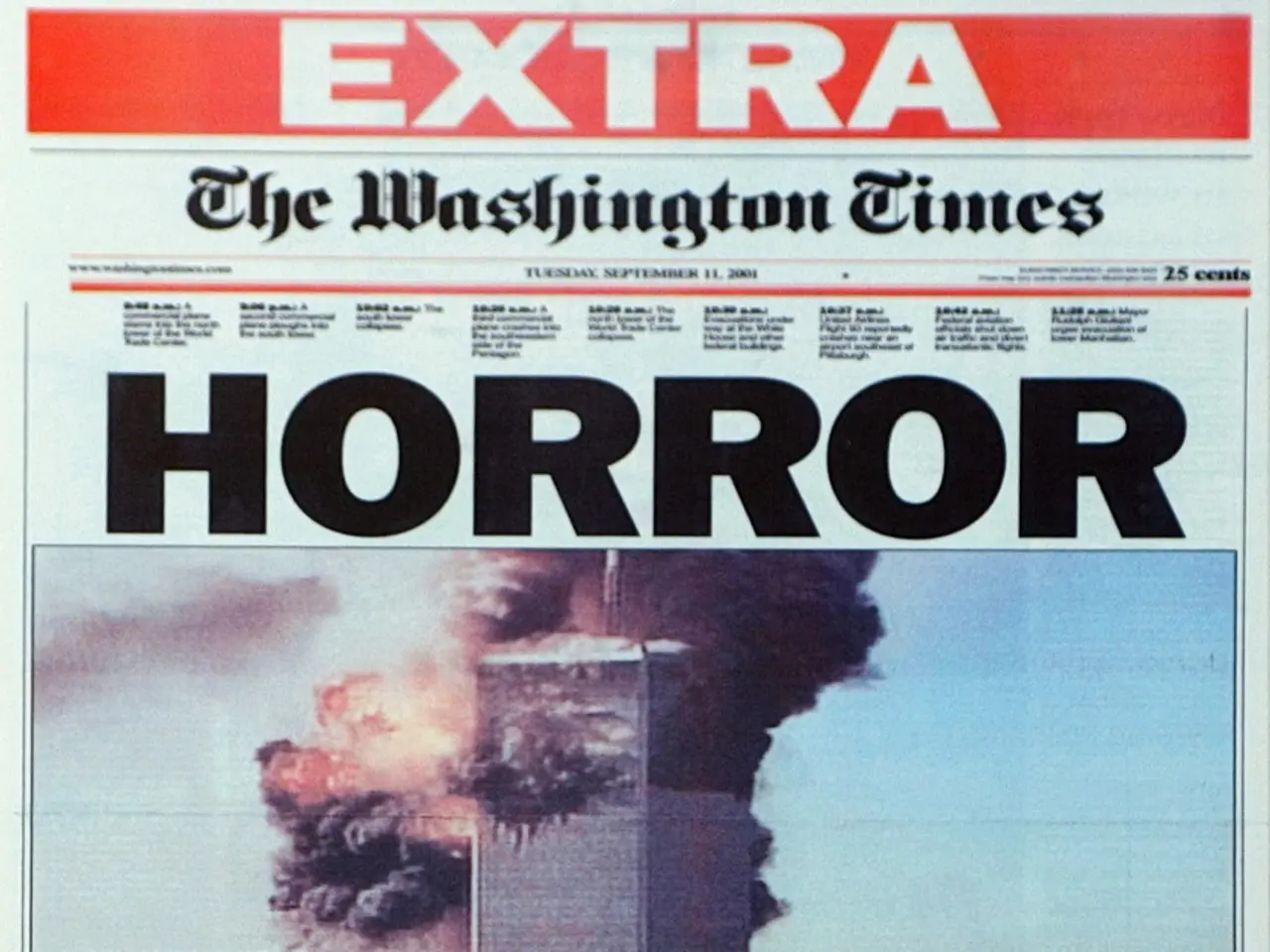Commemorating the Atomic Bomb Victims of Nagasaki
Japan Remains Outside the 2017 UN Treaty on Nuclear Prohibition
As of mid-2025, Japan has not signed or ratified the 2017 United Nations Treaty on the Prohibition of Nuclear Weapons (TPNW). This decision comes despite Japan being the only country to have experienced the devastating impact of atomic bombings.
The cities of Hiroshima and Nagasaki, symbols of the horrors of war and peace, are actively advocating for a nuclear-weapon-free world. Their mayors and local governments participate in international and national peace ceremonies and events to promote nuclear disarmament and pressure governments—including their own—to support treaties like the TPNW.
Hiroshima's mayor publicly criticized the stalemate caused by nuclear powers refusing to abolish nuclear weapons and urged continuation of peace efforts during the 80th anniversary events in 2025. Nagasaki's mayor, Shiro Suzuki, issued a peace declaration, calling for an end to the cycle of confrontation and division in the world. He also called on the world to learn from history and ensure that Nagasaki remains the last city to suffer an atomic inferno.
The reasons for Japan’s stance on the TPNW are complex, with pressure from nuclear-armed states and the government's direction toward military strengthening being key factors. Despite this, Japan engages with related nuclear nonproliferation efforts such as the Comprehensive Nuclear-Test-Ban Treaty (CTBT), which it supports strongly. Japan hosted the CTBTO Executive Secretary's visit in August 2025, highlighting its commitment to nuclear test bans as part of wider disarmament and nonproliferation regimes.
| Aspect | Status in 2025 | |-------------------------------|----------------------------------------------------| | Japan's position on TPNW | Has not signed/ratified the treaty | | Reasons for Japan’s stance | Pressure from nuclear powers; government militarization | | Role of Hiroshima & Nagasaki | Advocacy and public calls for nuclear disarmament | | Engagement with CTBT | Strong support, hosting high-level visits, but treaty not in force |
This reflects a complex balance in Japan between its historical experience as a nuclear victim, civil society and local government advocacy, and national government policies influenced by geopolitics.
In Nagasaki, the 80th anniversary of the atomic bombing was commemorated. Approximately 70,000 people were killed instantly in the bombing, and another 75,000 were injured. The bomb, named "Fat Man," was dropped by a US bomber on August 9, 1945, at 11:02 AM local time.
The Japanese organization Nihon Hidankyo, composed of survivors of the atomic bombings of Hiroshima and Nagasaki, was awarded the Nobel Peace Prize last year for its efforts towards a nuclear-weapon-free world. The organization continues to advocate for peace and nuclear disarmament, reminding the world of the devastating impact of nuclear weapons and the need for a world free from their threat.
In the complex political landscape of 2025, Japan, despite its devastating historical experience with war-and-conflicts, remains outside the general-news-worthy 2017 UN Treaty on Nuclear Prohibition, a treaty with the goal of nuclear disarmament. This stance, largely attributed to pressure from nuclear-armed states and the government's direction toward military strengthening, stands in contrast to the advocacy efforts of cities like Hiroshima and Nagasaki, symbols of peace, who are actively pushing for a nuclear-weapon-free world.
